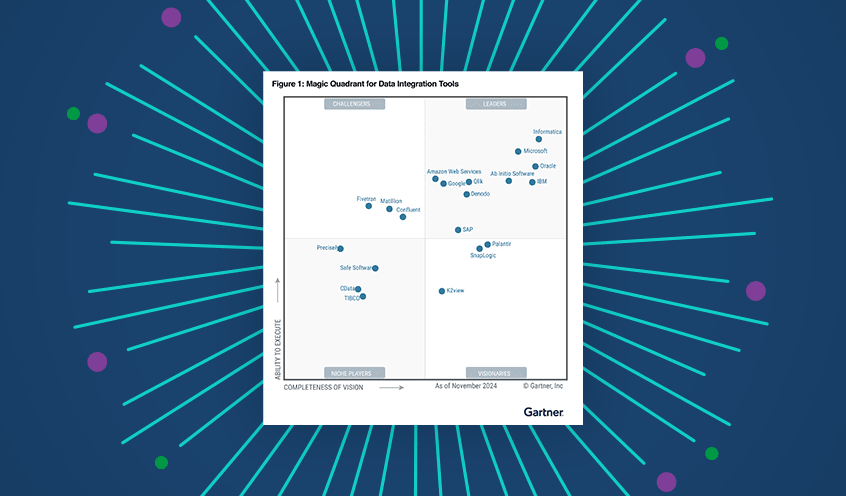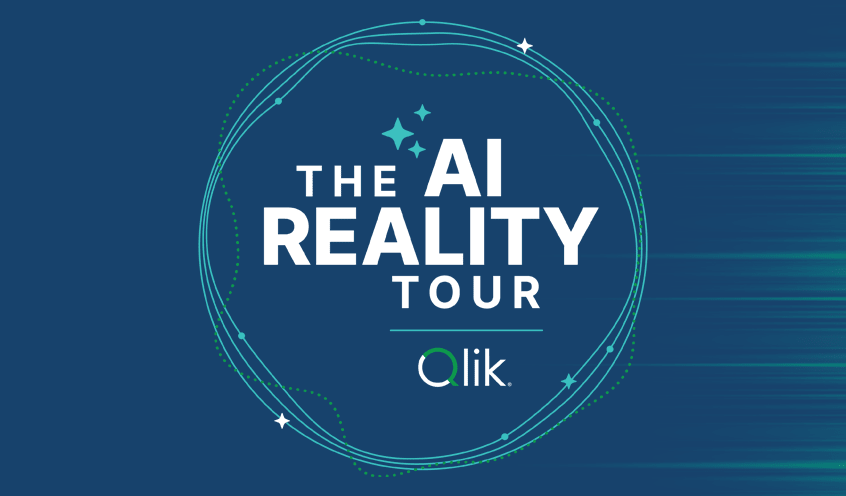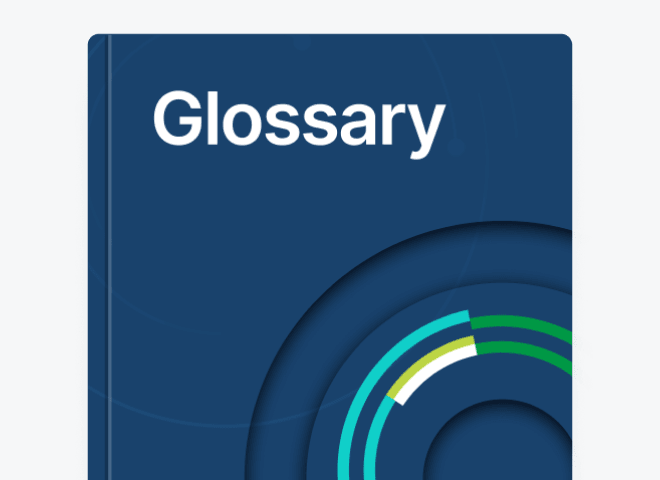As we celebrate API Heritage Month, we dedicate our platform to sharing these important stories from our own AAPI community here at Talend.
Ivy Shen: Senior Director, Global Total Rewards
Vietnamese members of the AAPI community recently mourned Black Friday (April 30; the fall of Saigon). My family members survived a dangerous sea journey, but many others forced to flee did not.
What is Black April?
It is nothing like Black Friday; it is the complete opposite of a month of discounts and sales. However, unless you are Vietnamese or fought in the Vietnam War, most do not know why that day is so key to the history of the Vietnamese people. It is a day of great mourning.
On April 30, 1975, Saigon (the capital of South Vietnam) was captured by North Vietnamese troops. This day marked the end of the Vietnam War (spanning 1955 to 1975), the Fall of Saigon, and the beginning of the great exodus of the Vietnamese “Boat People.” It is a day that my family refers to as “the day we lost our country.” So many spend April 30 mourning the loss of their home country. They spend the day praying for the souls that fought for their freedom, the innocent lives lost during the war (both American and Vietnamese), and the lives of the relatives who died in post-war conditions or at sea.
That day’s nightfall is one that many, including my stepdad and his five siblings, will remember forever. They snuck onto a fishing boat in the dead of night along with dozens of other neighbors and friends. They set sail to sea, trying to escape communism for fear of being slaughtered or tortured as an aftermath of the war, with no direction or destination. They trusted fate to take them to where they needed to be. Anything was better than staying.
My grandmother, mother, and I were fortunate to have made our way to the United States in 1989 by plane. Our journey was a bit less treacherous. We were sent to the Philippines and placed through an assimilation program via the Amerasian Homecoming Act. This program gave preferential immigration status to children in Vietnam born of U.S. fathers. My mother reunited with her childhood boyfriend (my stepdad) in Sacramento, California, in 1990. That same year they were married, and my younger sister was born.
I ask you to take a moment of silence, as you think about Black April and what it means to some members of the AAPI community, to pay tribute to the lives lost and give thanks to the Vietnam Veterans for their service and sacrifices.
Rowena Barbosa: Director, People Business Partners - NORAM
Most of the places I worked...I was the only one who looked like me. Talend has given me this new birth of finding a company and culture that truly embraces bringing your whole, real self to work.
Being part of the AAPI community has shaped me in so many ways. I was born to Filipino immigrants and raised in the San Francisco Bay Area. My culture and family upbringing has had a large impact in my values and beliefs. I was told to work hard, get good grades, go to college and get a good paying job. Don’t speak your mind, succumb to the majority, don’t argue, don’t cause attention to yourself, and you’ll be fine. And don’t forget your loyalty is to your family. Somewhat stereotypical to many AAPI cultures, this was my belief system, influenced by my culture and upbringing.
Growing up as a child in elementary throughout high school, I actually do not remember ever feeling different because of my race. I might have been made fun of, but it was because kids were being kids, and then the next day we’d be playing together again. I grew up in a very diverse area in the Bay Area, and as a school-aged student, there were enough differences of ethnicities that it didn’t seem different. To me, being Filipino was actually embraced amongst my friends, from our food, and our fashion to the love of music and dance. I do remember that what made you different is if you had an accent different than the majority, which then would be assumed at that young age that you were not American born.
Having a sense of belonging was always important and ingrained in me since childhood. My large Filipino family, with over 40 first cousins on my father’s side alone, influenced this. They were always welcoming to new friends and family, invited everyone to our gatherings and eat all day! I was the kid during recess who, if chosen to be the captain of a kick ball team, would make sure to pick the underdog. I’ve carried that sense of harmony and belonging with me through adulthood and especially throughout my career, with the people I would meet or include to be part of conversations at the companies I’ve worked at.
Growing up in the Silicon Valley, I knew that I wanted to work in tech and get into human resources at the young age of 13. As mentioned, during my school years (including college), I never felt I had an issue of fitting in. However, I found it different entering the corporate world of large tech companies. Of my 20+ years of work experience — all in the field of HR working in large public enterprise tech companies — I would say a good chunk of it was about me feeling I had to show up, or please others, or become someone that I wasn’t to “fit in”. In one company, I felt amongst a group of peers that I wasn’t fashion forward enough. At another company, I felt like I was in high school and didn’t fit in with the cool kids (HR has always generally been predominately female where I’ve worked), because I didn’t shop at the same expensive places, or I didn’t live in the same affluent areas. I even felt like I didn’t belong because I never lived anywhere else but the Bay Area. A few times that I didn’t belong in either the company or the group that I was in, because I looked different from most. In my career, most of the places I worked as an HR Business Partner, I was the only one who looked like me. And within the AAPI community, I have been in a lower-represented ethnic group at all the companies I’ve worked at.
In my professional life, I cared too much about other people’s views of me. I was living to please others and often felt like I was living the “imposter syndrome”. At many points of my career, I was told and taught that “perception is reality”, and how you show up to others creates such beliefs. Today, I struggle to find if this presumption does have truth.
Joining Talend a year ago has given me this new birth of finding a company and culture that truly embraces bringing your whole real self to work — that you can be the same person both at home and work. I’ve never experienced that before, despite working at a few large well known public companies with DEIB initiatives. Embracing diverse thoughts, backgrounds, experiences is what I strive for myself and encourage others to step back and see things in others’ lens. I apply this in my role as a People Business Partner to the business, as well as my personal life and relationships.
I am so proud to work for a company like Talend. When you feel that you can be accepted for who you are and embraced because of the background and experiences you bring to the table, it only makes an organization better. As an HR professional, I always say, “If the same ideas, schools of thought, beliefs and experiences are brought to the table and nothing changes, you gotta ask ‘why?’” It’s because it’s the same recipe — and the same bland recipe isn’t going to help you win the cooking competition!
In this article:
Corporate Responsibility













































